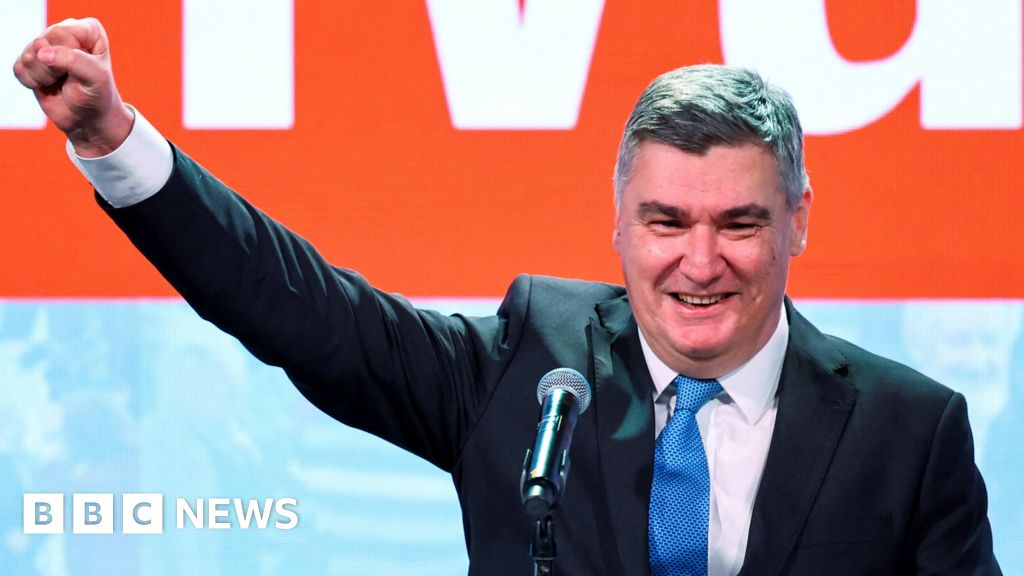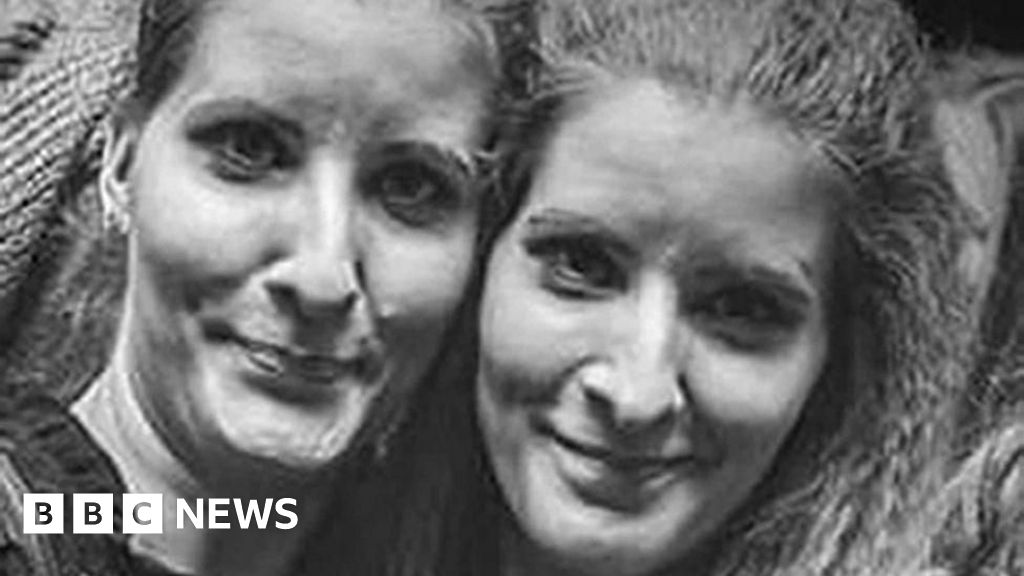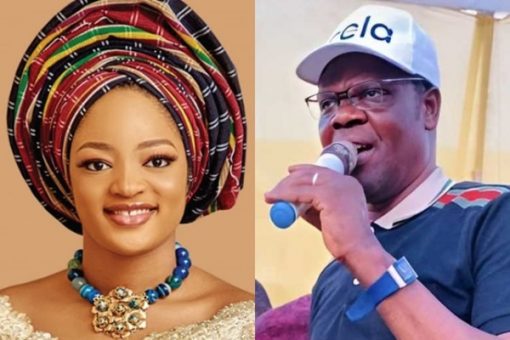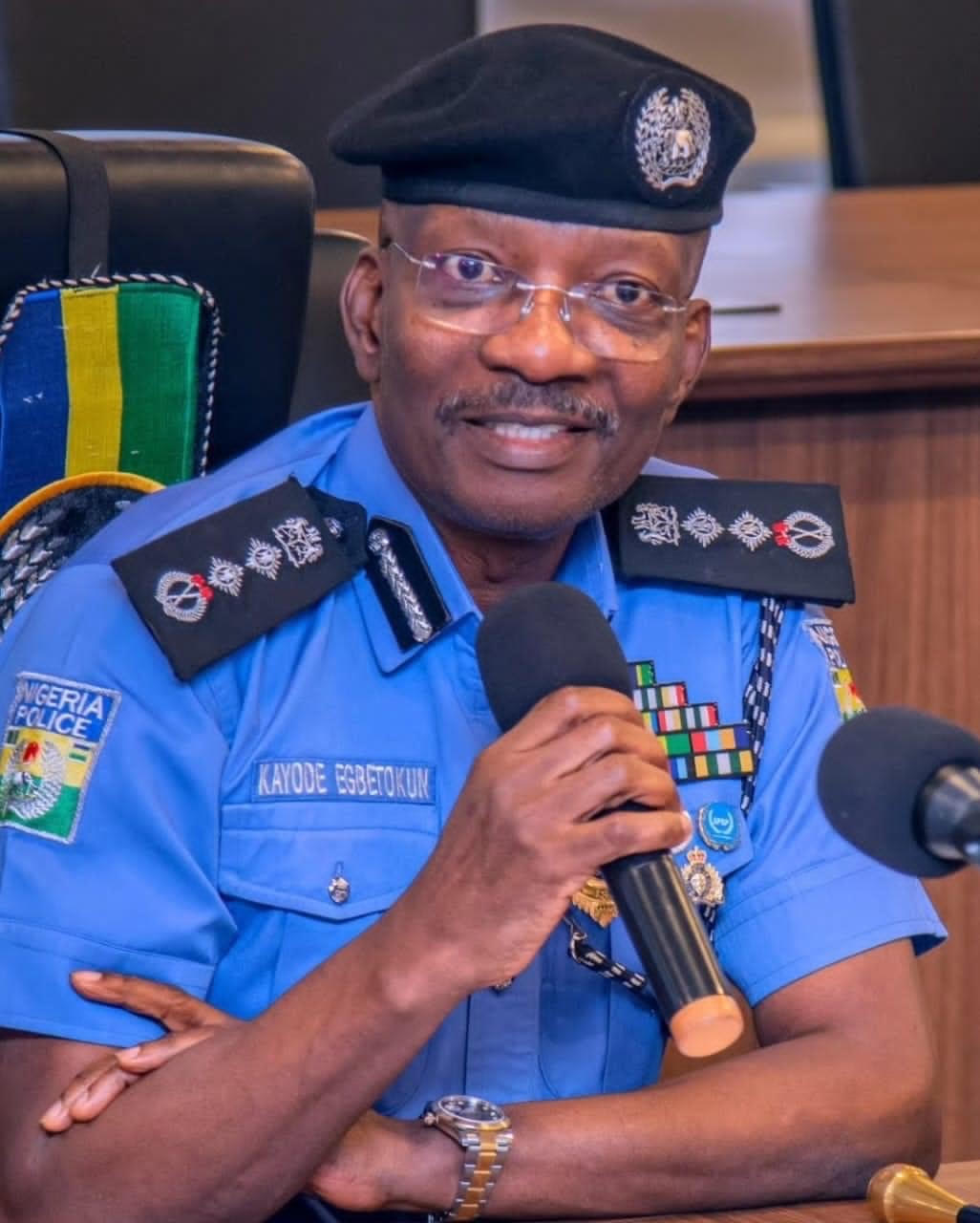President, Association of Christian Theologians and founder of the United Bible University, Prof. Augustus Macaulay, shares his life journey, the legacy of his uncle, the late Herbert Macaulay, and his mission to shape the future of Christian education with TEMITOPE ADETUNJI
Can you share some memorable experiences or stories about your childhood?
I was born on August 14, 1937, in Lagos, specifically in Yaba. I grew up in a well-known family, the Macaulay; that is the late Herbert Macaulay’s family which is recognised in Lagos and Nigeria. We were all Christians, brought up in a disciplined home with parents who ensured we lived well and followed a Christian way of life.
What schools did you attend?
I first attended Ladilac School, Yaba around 1944; it was during the Second World War. I remember faintly. Then I went briefly to Yaba Model School, Surulere, and finally finished my Primary Education at Yaba Methodist School.
After finishing primary school at Methodist in 1954, I went straight into teaching. Back then, we had what was called Standard 6, which was the final class. I completed that in 1954 and began teaching in 1955. In 1957, I enrolled in a teacher training college. I first taught at Methodist School, Oshodi, for about two years before attending Teacher Training College in Ifaki.
Later on, I was brought back to Lagos by the Methodist Church to head a school as the headmaster. However, I decided to continue my studies. I took a correspondence course from the United Kingdom, and once I completed that, I sat for my GCE O-Level exams. After finishing my GCE, I went to London in 1963.
I had a shift in direction and decided to study engineering instead of continuing in teaching. To do that, I focused on subjects like Mathematics, Physics, Additional Mathematics, and English. By the time I had completed my O-Level GCE in 1963, I was already in England.
I passed through four theological universities in London, Texas in the the USA, and Nigeria with five doctoral degrees and I hold a professorship in Systematic Theology and Biblical Studies.
What does it mean to you to be from the family of Herbert Macaulay, and how has his legacy influenced your life?
Being related to Herbert Macaulay does not make me feel particularly special. Instead, it instills in me a sense of responsibility to behave well, care for others, and never look down on anyone. My upbringing taught me humility and service to others, regardless of the privilege of coming from a prominent rich family. My father was a good kind-hearted man, and he gave us that training, to treat people well.
At 87, how do you maintain such vitality and commitment to your work?
This is not about diet or routines; it is the will of God. I believe in divine providence, as stated in the Bible, that every man has an appointed time. My strength comes from the word of God and the Holy Spirit.
What are some life lessons you’ve learnt that you believe younger generations should hold on to?
Young people need to understand that Nigeria belongs to all of us. We often blame the government for everything, it is wrong, but as citizens, we also have a responsibility. For instance, at bus stops, people rush instead of queuing, thereby breaking the law. If we, as citizens, don’t follow rules, how can we expect better governance? My advice to the youth is to think about what they can contribute to Nigeria, rather than what they can take from it.
Who or what has been the greatest source of inspiration in your life?
The greatest source of inspiration in my life is the Bible. It guides me in all aspects of life, what to say, how to act, and where to go. I also draw inspiration from my students, who are intelligent, supportive, and kind.
What inspired you to establish the Association of Christian Theologians?
The inspiration came from an issue we faced in 1994. The National University Commission, a government body responsible for regulating tertiary institutions in Nigeria, attempted to shut down all Christian colleges. These colleges were not secular institutions but places to train men and women for Christian and theological education and profession.
At the time, theologians and scholars like me resisted the closure and rejected the idea of the NUC regulating theological education. We believed there was no appropriate regulatory body for Christian education in Nigeria. So, I called on a group of young men to create one that would support Christian education and deny the NUC’s interference. That’s how the idea of the Association of Christian Theologians was born.
Could you share the vision behind founding the United Bible University?
The vision was deeply spiritual. In 1993, God spoke to me about establishing a Bible university. At that time, I was working as a chartered engineer. I had a successful career, working with companies like Shell, Rutam Motors, and Motorways. Rutam Motors even sent me to Hiroshima, Japan, for specialised training on rotary engines.
Despite my technical background, I felt called to pursue theology. I went to the University of London to study Theology and returned to Nigeria equipped with both spiritual and academic knowledge. In 1994, following God’s guidance, I established a Bible university, and by God’s grace, it celebrated 30 years of existence in 2024.
As someone who has dedicated his life to theology, what do you consider the biggest challenges facing Christian education today?
The challenges are numerous but let me highlight a few. Many leaders in churches and theological institutions lack proper training. Because of Nigeria’s poor economy and the freedom to operate without strict regulation, unqualified individuals enter ministry simply because there are no other job opportunities; people who are not called are creating churches all over Nigeria.
The sale of certificates is a significant issue; I worked very hard to earn my degrees. People now acquire doctorate degrees through payment rather than hard work, undermining the credibility of theological education.
Most textbooks used in Bible schools are written by foreigners, making them less relevant to Nigeria’s unique cultural and social realities. Theology is about addressing the needs of people within their context, and using materials designed for Western audiences creates a disconnect.
When missionaries handed over Bible schools and churches to Nigerians, there was little effort to improve upon what was inherited. Instead, many focused on positions and money rather than advancing theological education and church leadership.
Despite these challenges, the Association of Christian Theologians is working hard to train certified teachers and church professionals, ensuring they are well-equipped to lead and teach in their communities.
Nowadays, the church is building walls worth millions of naira, what for? What we need today is to go out and use the money to provide for the poor, affordable education, and healthcare.
What do you think Herbert Macaulay would say about Nigeria if he were alive today?
When you ask what someone like Herbert Macaulay would say about Nigeria today, I believe he would cry. He would cry because people like him fought so hard for the freedom of Nigeria. I once heard a true story about him, and I even visited the location.
There was a hotel on Martin Street in Lagos back then, and if you were Black, you couldn’t enter. But Macaulay and Alakija went into that hotel, sat down, and demanded to be served. Those were great men. Imagine having a hotel in our own country that denied service to its people while catering to white patrons. Macaulay and his peers said, “We demand to be served, and we will pay.” That’s how they fought for freedom.
Today, I encourage people to protest for their rights. Nigeria is a country governed by laws, and we should demand that those in power look after us. This is very important, but I don’t want to delve too deeply into that because I’m not politically aligned.
I’m politically conscious and care about the rights of the people, but I don’t take sides. I studied political science and had PhD in political science; the truth is we don’t have politics in Nigeria. Politics is simply caring for people and management of resources. We don’t have managers of resources in Nigeria; we have people who are after money and positions.
Reflecting on your life’s work, what accomplishments are you most proud of?
I must confess that I am satisfied with my life. If I were to pass away today, I would smile on my way to heaven. Why? This is because I care deeply about people. My writing, my actions, and everything I do are centred on people.
I was the engineer who tested the first car assembled in Kaduna, Nigeria, alongside an editor of a motor magazine, Folorunsho Idowu. I was also invited by General Gowon, the military Head of State when the first Peugeot cars were assembled. Additionally, I was the first Nigerian to win the Shell 1000 motor rally.
I’ve ordained nearly 1,000 ministers of God from various denominations, Methodist, Catholic, and more. I don’t focus on their denomination; what matters to me is that they belong to the word of God and Jesus Christ.
As for specific accomplishments, I wouldn’t say my work is complete yet. Nigerians will judge me at the end of my life. The final moments will determine who I am and what I’ve done. So, I will continue to work. But one thing I want you to know is that I am deeply concerned about people.
How did you meet your wife and what attracted you to her?
That is very personal, you know when you meet a woman and you are not a womaniser, if you are attracted to a woman, there must be something. Women should understand what they are doing, the way they dress goes a long way, their attitude, etc. I found her in the late 1950s when I was teaching; I think I was about 21 or 22 years old. We got married in 1959, January 13th.
What has been the secret to your healthy living?
Sincerely, when you’re a scholar, you never stop reading. I’ve produced over 14 professors, by that, I mean I’ve supervised their works. Currently, I’m supervising the work of four tentative professors. If you’re in education, you must continue reading and writing. I’ve authored so many books that I can’t even remember the exact number anymore.
Secondly, to glorify God, you must look after your health. Living a good life means avoiding excessive drinking, smoking, and other habits that mess up your life. You must live a disciplined, decent, and healthy life. There’s no secret beyond being careful and intentional about life.
How would you like to be remembered by future generations?
Honestly, I don’t do what I do to please anyone. I see myself as an instrument in God’s hands. My focus is on helping people, uplifting knowledge, improving lives, bringing comfort, and spreading smiles.
I believe people will remember me for how I impacted their lives individually. But for Nigeria, I want to be remembered for helping the nation and always speaking the truth, no matter the consequences.
Are there any ongoing projects or dreams you still hope to achieve?
Yes, there’s a major one I’ve already started, the International Christian Conscience Initiative. My goal is to unite Christians globally. Jesus Christ didn’t establish denominational churches; He established the church, which simply means people. The early church didn’t have denominations. Denominations began with Protestantism, which arose when people started to critique and separate from the Roman church.
Through ICCI, I aim to bring Christians together beyond denominational lines and refocus on the core teachings of Jesus Christ. The Church of God, the people of God, they are only one. There is nothing like denominationalism.
Yes, we are all one in Christ. My major project, which I have already started, is bringing Christians together in one place. I call us “the witnesses of the last days.” That’s why I am reaching out to church leaders today, serious church leaders who are focused on preaching the word of God.
I am not addressing selfish leaders who think the church belongs to them. I’m talking about those who preach God’s word sincerely. We must come together, speak the same word, study the same Bible, and uphold the name of Jesus Christ. That is my desire, and I hope to see it fulfilled before I pass away.
What role has your family played in supporting your vision and work over the years?
My work is spiritual and biblical; it’s not something you can do alone. You need the inspiration and power of God. If you rely solely on your strength, you will fail.
All my children are in London, and they’re grown-ups now. I raised them in the way of the Lord, and they’re doing well. They support me in various ways. For instance, I run a programme on Zoom every Sunday, and they attend despite their busy schedules. Their support means a lot to me, as they understand and back my mission.
What advice would you give to couples who want a long-lasting marriage?
Marriage is not as simple as many think. It’s not just about two people becoming one; it requires a shared understanding, patience, and knowledge of responsibilities. Couples must understand the roles and responsibilities of the man and the woman.
Marriage is not about having children or showing off to friends. It requires love, patience, and deep understanding. I advise anyone getting married to prepare themselves mentally and spiritually because marriage is not easy.

 1 day ago
4
1 day ago
4















 English (US) ·
English (US) ·